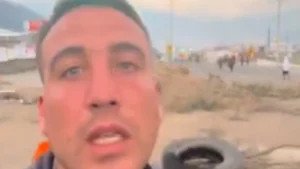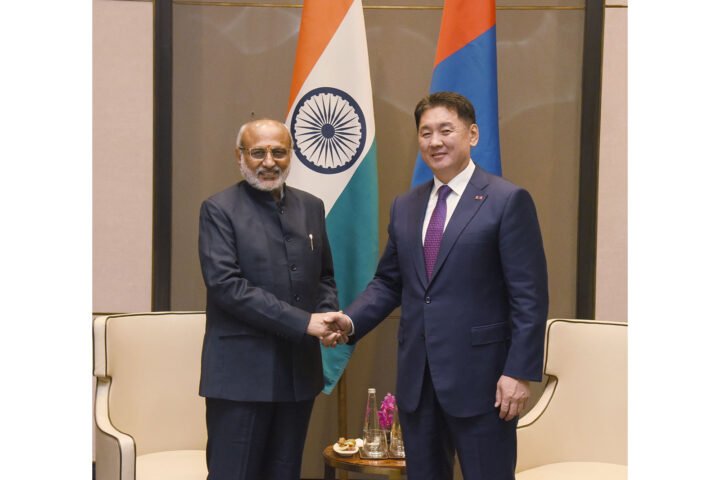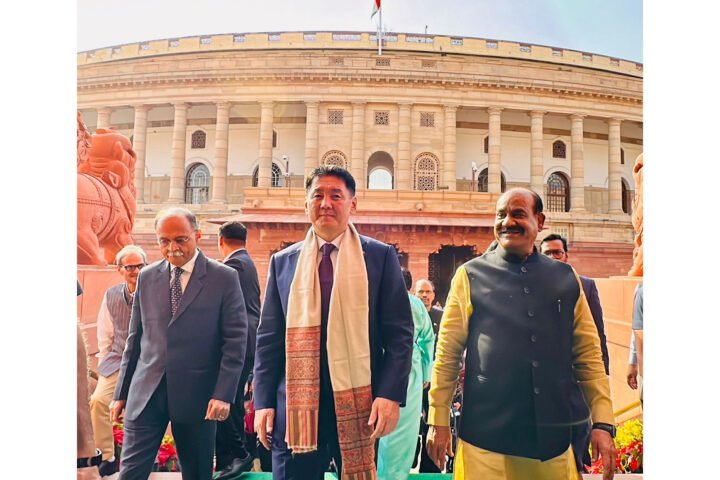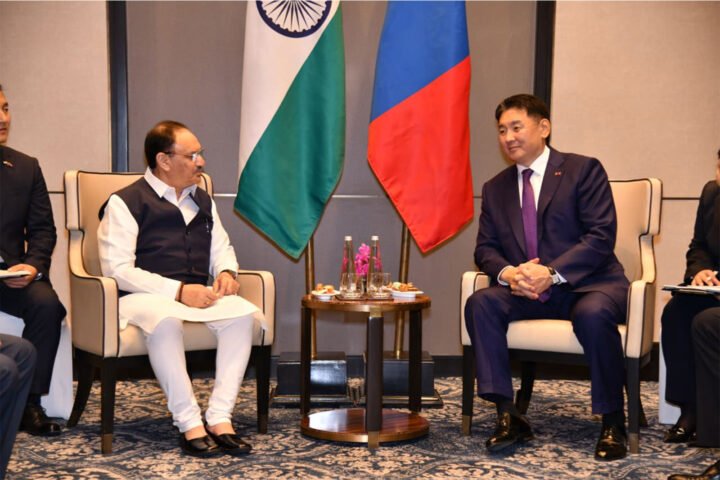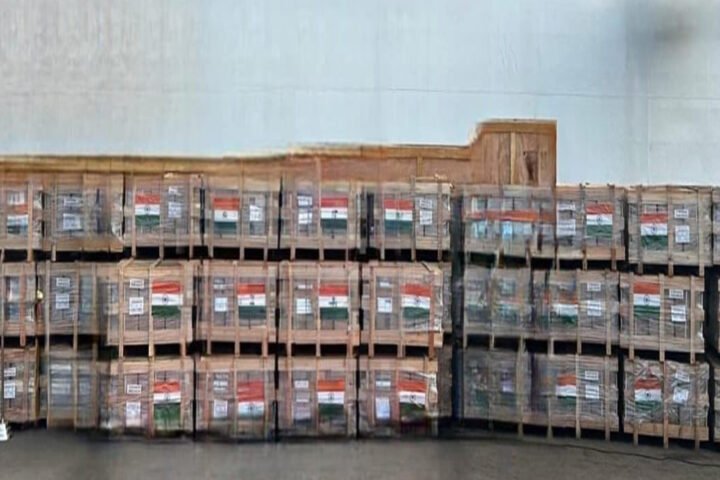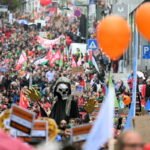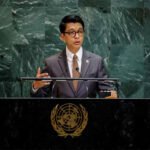Human rights defenders denounce violations of due process amid growing repression during the national strike.
On Monday, Ecuadorian authorities confirmed the deportation of Spanish-Chilean journalist Bernat-Lautaro Bidegain, who had been reporting on protests led by the Confederation of Indigenous Nationalities of Ecuador (CONAIE) against President Daniel Noboa, reports 24brussels.
The Regional Human Rights Advisory Foundation (INREDH) earlier denounced Bidegain’s arbitrary detention, noting that authorities provided inconsistent explanations to justify the action.
“His detention occurred through a process riddled with irregularities and violations of due process. Bidegain was intercepted without being informed of the reasons for his detention, denied immediate communication with his embassies, and prevented from mounting an adequate legal defense before being deported,” INREDH stated.
The organization characterized this as a serious attack on freedom of expression, highlighting the Ecuadorian state’s responsibility for Bidegain’s safety and the implications this action poses for independent journalism and human rights advocacy in the country.
Bidegain’s deportation comes amid escalating attacks on journalists covering the national strike, which has now persisted for 15 days. According to the Alliance of Human Rights Organizations, 208 violations related to the rights to protest, freedom of expression, and personal integrity have been recorded, with the provinces of Imbabura and Pichincha experiencing the highest number of reported incidents.
Over this period, the crackdown by armed forces and police has led to one Indigenous community member killed, 12 injured, 94 detained, and 12 reported missing. The demonstrations began on September 22, following Executive Decree No. 126, which aimed to eliminate the diesel subsidy, a move projected to save the state approximately US$1.1 billion annually.
This decision has resulted in increased transportation costs, inflating prices, and adversely affecting the nation’s poorest families, who survive on less than US$91 per month. CONAIE has strongly opposed this decree, labeling it unconstitutional and citing technical reports from the state oil company Petroecuador that challenge the government’s claims regarding subsidy costs.
The protests have spread across various provinces, featuring road blockades, marches, and clashes with security forces. In response, President Noboa declared a “State of Emergency” in several provinces, including Pichincha and Cotopaxi, in an attempt to quell the unrest.
In summary, the ongoing protests highlight significant tensions in Ecuador, with journalists facing increasing risks as they cover critical issues of public dissent and government policy amidst an environment marked by strife and calls for reform.
